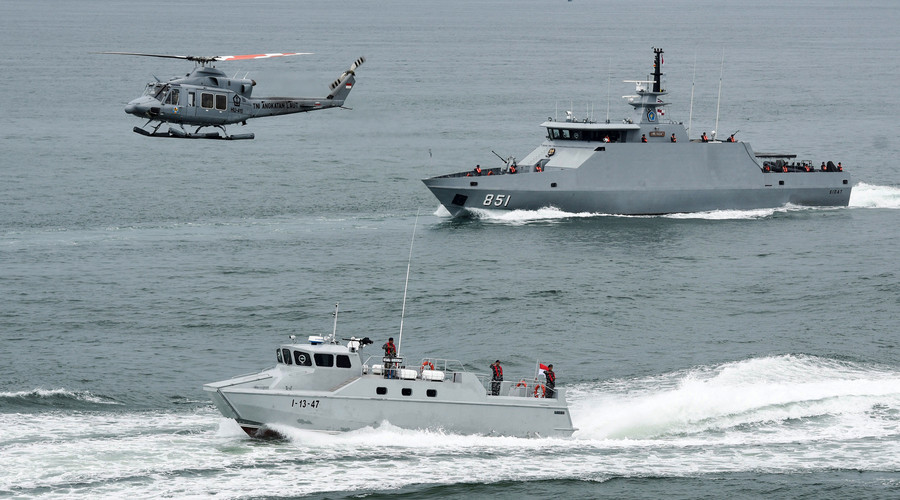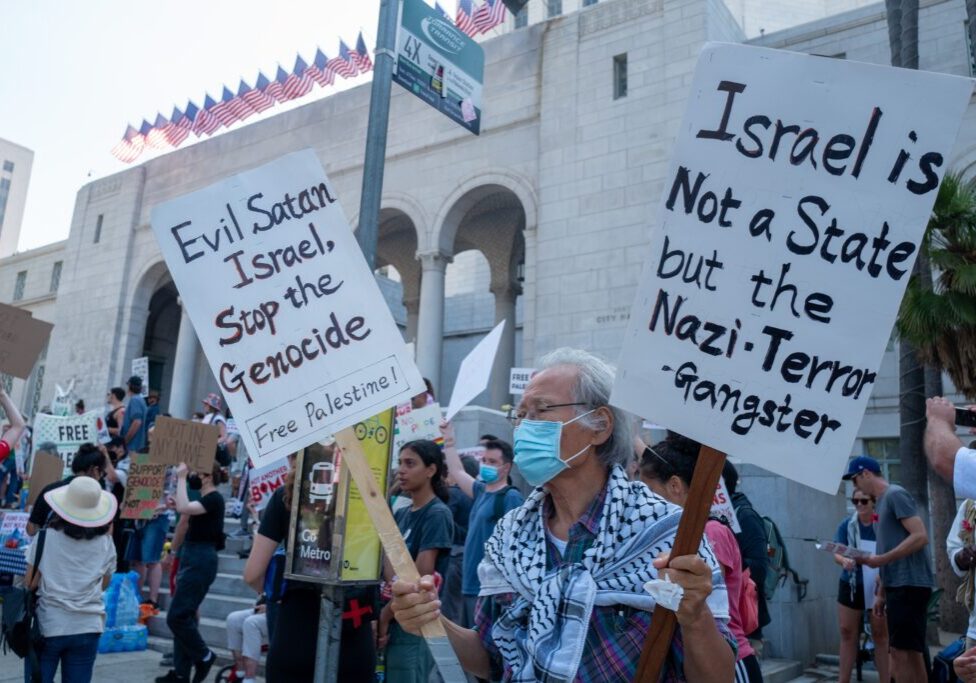Australia/Israel Review
Asia Watch: Tightening the net
Jul 1, 2019 | Michael Shannon

The risk posed by returning battled-hardened jihadists, trained by Islamic State’s (IS) central branch in Syria and Iraq, has long been of serious concern for Southeast Asia’s Muslim-majority states. Among the estimated 31,500 foreign fighters who had joined IS in Syria, about 800 came from Asia, including some 400 from Indonesia and upwards of 150 from Malaysia. While most of the surviving fighters and their families are now detained in Syrian and Turkish camps, small numbers have been able to return home and potentially link up with local Islamic State-linked groups.
The region’s thousands of islands and dense, mountainous jungles present acute security challenges. After beginning coordinated air and sea patrols in 2017 and agreeing to enhanced intelligence sharing last year, Indonesia, Malaysia and the Philippines will launch joint ground exercises in August in a counter-terrorism initiative that could see a regional force deployed in the southern Philippines some day.
The Indomalphi 2019 exercise will take place on Tarakan island in Indonesia’s North Kalimantan province and include training in shooting techniques and close-range combat, Indonesian military spokesman Maj. Gen. Sisriadi told BenarNews.
Indonesian Defence Minister Ryamizard Ryacudu said the month-long exercise could potentially lead to the deployment of joint forces in the southern Philippines, which is still grappling with IS-linked militants in remote areas of the Mindanao region, although under the Filipino constitution it would first require support from their Congress and officials.
“We are going to deal with [a] third-generation of terrorists, those who fought in the Middle East but have returned,” Ryamizard said in a news conference on June 12. “Most of them are in Indonesia and the Philippines, and they are just traversing through Malaysia.”
When Islamic State first emerged and conquered territory in Iraq and Syria, several Southeast Asian jihadi groups clamoured to pledge allegiance, including the Abu Sayyaf, the Bangsamoro Islamic Freedom Fighters, Maute Group, Ansarul Khilafa Philippines, Jamaah Ansharut Tauhid (JAT), Jamaah Ansharut Daulah (JAD), Eastern Indonesia Mujahideen (MIT), Darul Islam Sabah, and several other groups or cells.
In early 2016, the Islamic State declared the founding of the East Asian wilayat, with the Abu Sayyaf’s Isnilon Hapilon as the group’s Emir. In placing Abu Sayyaf in the vanguard of the movement, IS leaders saw a mirror image of its own uncompromising ideology and willingness to commit violent atrocities. Other groups were declared “brigades” notionally under Hapilon’s command.
In May 2017, Hapilon teamed up with the notorious Islamist Maute brothers, took over the Philippine city of Marawi, and held off the Philippine military for five months. It was a major propaganda victory, but it came at heavy cost, with the loss of Marawi and the deaths of Hapilon, both Maute brothers and a handful of their successors. Not surprisingly, the cause of the Wilayat has faltered.
Still, IS cells have staged attacks around the region, including the January 2016 attacks in Jakarta, a suicide bombing at a police station in Solo in July 2016, the May 2018 suicide bombings in Surabaya, the July 2018 suicide bombing in Basilan, and the January 2019 Jolo cathedral bombings. But the attacks have been sporadic, uncoordinated and met with increasingly effective counter-terror forces.
In recent weeks, police in Malaysia announced the arrest of three remaining members of an IS cell that planned to carry out terrorist acts and assassinations during the first week of Ramadan. The three suspects – two Malaysians and an Indonesian – were picked up in northern Kedah state and in Selangor state on May 14 in the wake of the arrests of four other cell members, including two Rohingya, in early May.
According to police, the two Malay suspects had allegedly received bomb-making training last year in Jogjakarta, Indonesia, and learned to make Triacetone Triperoxide (TATP), a type of chemical used to produce huge-scale explosives and vehicle bombs of the type used in the Easter attacks in Sri Lanka.
In related news, Philippine security forces captured six alleged Abu Sayyaf fighters in separate raids on June 11, including three men who had evaded arrest for 18 years as suspects in mass abductions in the southern islands of Basilan and Jolo in 2001 in which five victims were beheaded.
The announcement came barely two weeks after another Abu Sayyaf unit killed Ewold Horn, a 59-year-old Dutch wildlife photographer who was seized while travelling in the south in 2012.
Even since coordinated joint patrols started, Abu Sayyaf militants on speedboats have launched piracy attacks and maritime kidnappings four times since January 2018 – either within Malaysian waters or close to the sea boundary with the Philippines – seizing hostages twice. Furthermore, the group’s activities could spread from the remote Sulu archipelago to the Malaysian state of Sabah. Since the start of 2018, 24 alleged members of the group have been arrested by Malaysian authorities and 13 have been sentenced to prison.
Expanded joint land patrols could not be more timely.
Tags: Asia, Malaysia, Philippines, Terrorism






